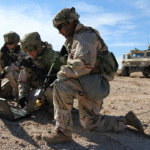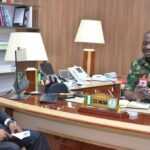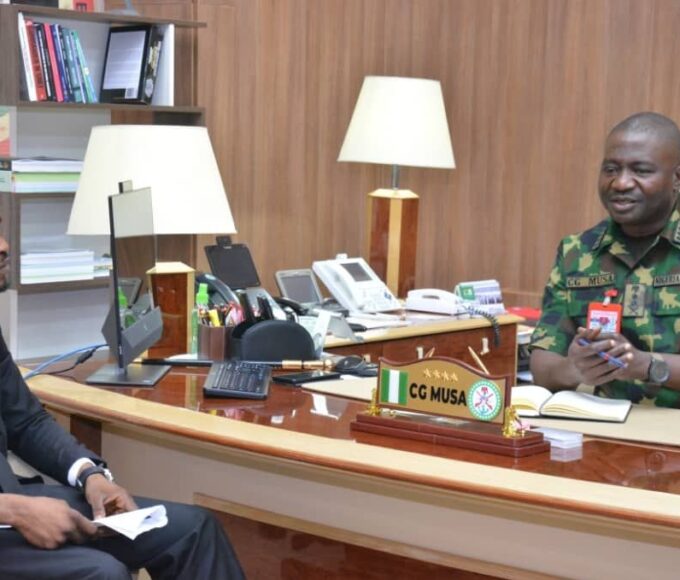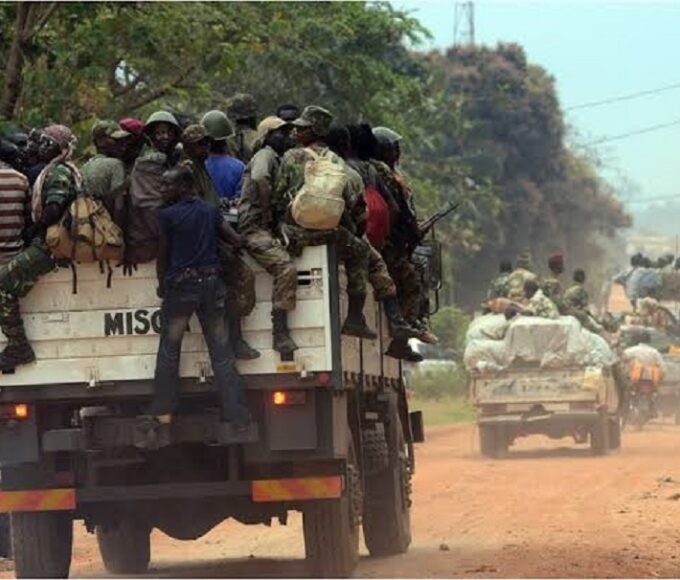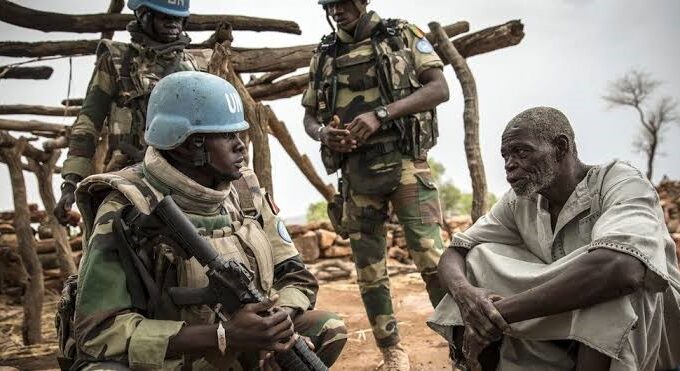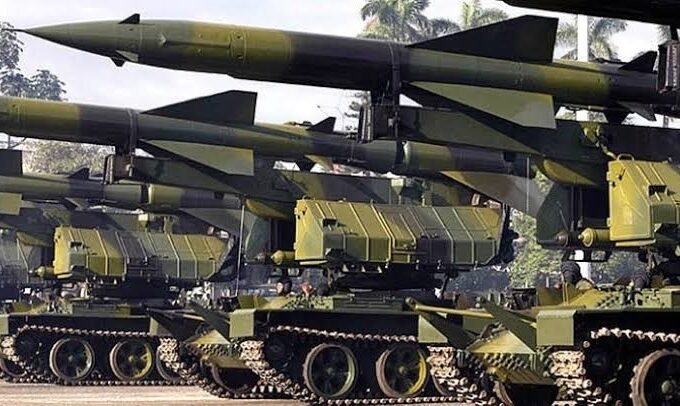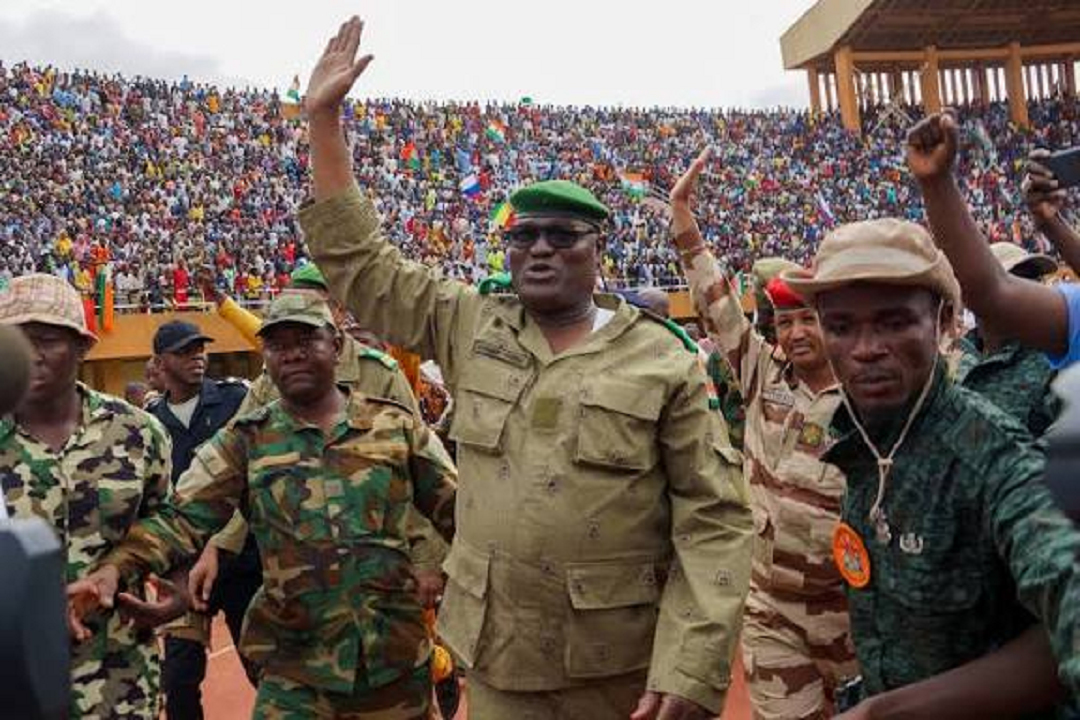
ECOWAS MILITARY INTERVENTION IN NIGER: A TURNING POINT?
The coup d’état in Niger on July 26, 2023, marked a seismic rupture in West Africa’s fragile stability. The Presidential Guard’s detention of democratically elected President Mohamed Bazoum and installation of General Abdourahamane Tchiani as head of the National Council for the Safeguard of the Homeland (CNSP) triggered immediate global condemnation. As the seventh military takeover in the Sahel since 2020, it thrust the Economic Community of West African States (ECOWAS) into a defining test of its authority and principles. Tasked with upholding peace and democracy under its founding treaty, ECOWAS suspended Niger’s membership and imposed sweeping sanctions within days. The crisis not only worsened Niger’s humanitarian plight already strained by jihadist violence and food insecurity but also challenged the bloc’s credibility in defending constitutional order through collective action.
ECOWAS’s response combined diplomacy with economic pressure. Land and air borders were closed, financial assets frozen, and Nigeria Niger’s key power supplier cut 70% of electricity exports. These coercive measures, grounded in ECOWAS’s 2001 Protocol on Democracy and Good Governance, aimed to compel the junta to reinstate Bazoum. Diplomatic envoys, including former Nigerian leader Abdulsalami Abubakar and the Sultan of Sokoto, sought dialogue but were rebuffed. Meanwhile, pro-coup demonstrations in Niamey waving Russian flags underscored shifting allegiances and deep anti-French sentiment. Although designed to deter future coups, the sanctions backfired blocking over 7,000 tons of food aid, inflating prices by more than 20%, and exacerbating hardship for ordinary citizens. This humanitarian fallout reignited debates over the moral cost of punitive diplomacy.
Related Article: AFRICAN UNION SECURITY SUMMIT CONCLUDES WITH BOLD PLEDGES ON PEACE, REFORM, AND GLOBAL EQUITY
As tensions mounted, ECOWAS hardened its rhetoric into a credible threat of military intervention. On August 6, 2023, a one-week ultimatum to restore constitutional order expired, and by August 10, the bloc activated its standby force. Nigeria’s President Bola Tinubu, then ECOWAS chair, pledged up to 25,000 troops from Nigeria, Senegal, and Benin, describing intervention as a “last resort” to prevent the Sahel from becoming a sanctuary for jihadists. This marked a sharp departure from earlier ECOWAS operations in Liberia and Sierra Leone, where force succeeded but at enormous human and financial cost. The threat briefly unified the region the African Union suspended Niger, and the UN Security Council backed ECOWAS’s leadership but also exposed deep fractures. Algeria and Chad opposed escalation, while pro-junta militias vowed “total war” against foreign troops.
Internal divisions soon undercut the intervention plan. Nigeria’s Senate rejected troop deployment on August 5, citing security and economic risks, while Cape Verde and Chad refused participation. The junta’s alliances with fellow military regimes in Mali and Burkina Faso, which dispatched aircraft and supplies, complicated logistics further. External actors, including Russia and the United States, warned against destabilizing the region. By late August, ECOWAS quietly shelved its military option and shifted to mediation a pragmatic retreat that avoided bloodshed but weakened deterrence. The reversal signalled a troubling precedent: that defiance could outlast diplomacy if collective threats were not enforced.
The stalemate persisted into 2024. On February 24, ECOWAS lifted sanctions for humanitarian reasons and to reopen dialogue, easing blackouts and border closures but failing to secure Bazoum’s release he remains under house arrest and faces treason charges as of 2025. In retaliation, Niger, Mali, and Burkina Faso jointly announced their withdrawal from ECOWAS on January 28, 2024, effective in 2025, accusing the bloc of “imperialist interference.” Their Alliance of Sahel States (AES), founded in September 2023 and formalized as a confederation by July 2024, signalled a reordering of West Africa’s security landscape. The AES side-lined ECOWAS mediation and coordinated limited joint patrols, but chronic funding gaps and poor coordination have left vast territories exposed to insurgent attacks that killed over 100 Nigerien soldiers in 2024 alone.
By October 2025, Niger’s junta had consolidated control through national dialogues and anti-corruption drives, while pivoting eastward. France completed its troop withdrawal by December 2023, the United States evacuated its last 1,100 personnel in September 2024, and Russian advisors filled the security vacuum.
The Niger crisis reshaped regional diplomacy, pushing ECOWAS from interventionism toward cautious engagement amid intensifying great-power rivalries. Sanctions proved blunt instruments hurting civilians more than juntas and fuelling anti-Western sentiment that widened Russia’s influence.
Ultimately, ECOWAS’s aborted intervention in Niger stands as a turning point in West African diplomacy a moment that fractured regional unity and accelerated the Sahel’s drift toward isolationist alliances. The episode illustrates the peril of diplomacy without enforcement: while avoiding war, ECOWAS compromised its authority, inviting a multipolar contest for influence across the Sahel. For civil security, the lesson is clear peace cannot rest on sanctions or threats alone. Sustainable stability demands inclusive transitions that prioritize citizens’ welfare over punitive reflexes. As West Africa navigates this fractured order, Niger’s ongoing limbo remains both a valuable lesson and an urgent call to reimagine collective security for a new era.
King Richard Igimoh, Group Editor ALO
King Richard Igimoh, Group Editor African Leadership Organisation is an award-winning journalist, editor, and publisher with over two decades of expertise in political, defence, and international affairs reporting. As Group Editor of the African Leadership Organisation—publishers of African Leadership Magazine, African Defence & Security Magazine, and Africa Projects Magazine—he delivers incisive coverage that amplifies Africa’s voice in global security, policy, and leadership discourse. He provides frontline editorial coverage of high-profile international events, including the ALM Persons of the Year, the African Summit, and the African Business and Leadership Awards (ABLA) in London, as well as the International Forum for African and Caribbean Leadership (IFAL) in New York City during the United Nations General Assembly.
Recent Posts
Categories
- Air & Aerospace16
- Border Security15
- Civil Security4
- Civil Wars4
- Crisis5
- Cyber Security8
- Defense18
- Diplomacy19
- Entrepreneurship1
- Events5
- Global Security Watch6
- Industry8
- Land & Army8
- Leadership & Training5
- Military Aviation5
- Military History27
- Military Speeches1
- More1
- Naval & Maritime9
- Resources2
- Security12
- Special Forces1
- Systems And Technology9
- Tech6
- Uncategorized3
- UNSC1
- Veterans6
- Women in Defence9
Related Articles
Why General C.G. Musa Is the Right Defence Minister for Nigeria—Right Now
President Bola Tinubu’s nomination of General Christopher Gwabin Musa (rtd.) as Minister...
ByKing Richard Igimoh, Group Editor ALODecember 2, 2025DIPLOMACY, PEACE & CIVIL SECURITY – CROSS-BORDER PEACE PACTS IN EAST AFRICA: SUCCESS OR FAILURE?
From the windswept Karamoja hills to the fishing villages of Lake Victoria,...
ByKing Richard Igimoh, Group Editor ALONovember 24, 2025CIVIL-MILITARY RELATIONS IN FRAGILE STATES
Fragile states marked by weak governance, economic instability, and persistent unrest face...
ByKing Richard Igimoh, Group Editor ALOSeptember 17, 2025WHY AFRICA NEEDS A UNIFIED DEFENCE POLICY FOR THE 21ST CENTURY
In an era of escalating geopolitical tensions, resource conflicts, and transnational threats...
ByKing Richard Igimoh, Group Editor ALOAugust 26, 2025


